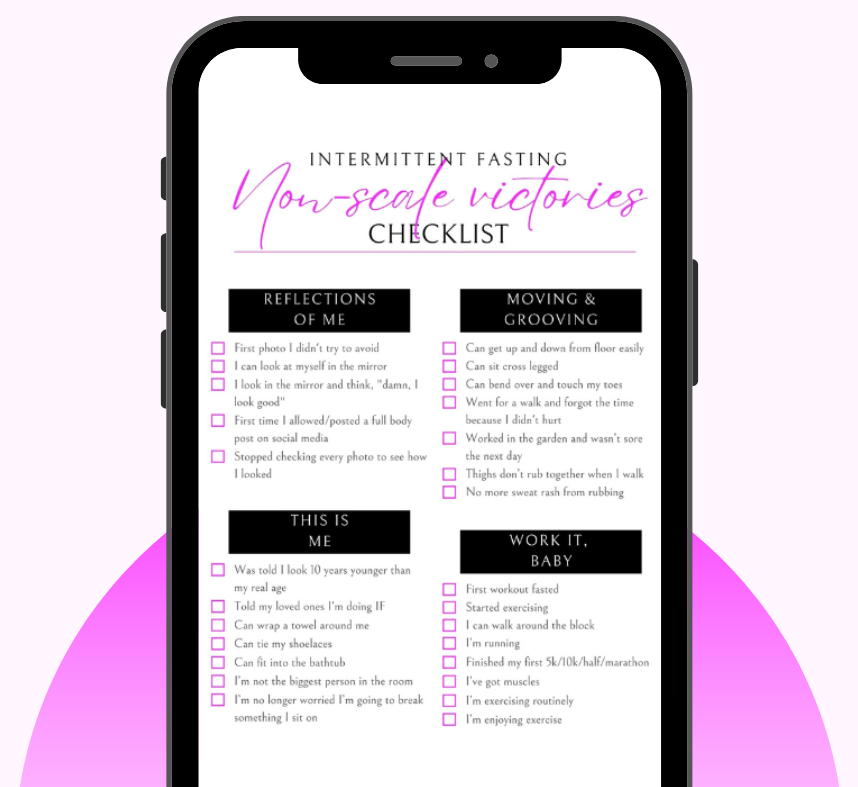Your cart is currently empty!
Get your loved ones on board with intermittent fasting

You’ve started intermittent fasting to improve your health, but the stress of telling those closest to you is holding you back. You’re worried about their concerned looks, their questions, and their well-meaning warnings like, “Are you sure you won’t starve?”
Bringing your loved ones on board is important, especially those who live with you. Their support will make your journey easier, and trying to hide it from them will only add stress you don’t need. Here’s your guide to nailing that conversation.
Your friends and family may worry that intermittent fasting is just another fad diet setting you up for starvation. Reassure them that your body won’t starve during fasting. Our bodies have a long history at storing and using energy efficiently, ready for times when food isn’t available. Consistent intermittent fasting unlocks that stored energy. Remind them, cavemen did it and if they’d starved, we wouldn’t be here today.
The next objection may be the modern-day belief that we need to be eating from sunrise to sunset. Perpetuating the myth to eat all day is the work of the big food industry – the more you buy in, the more food you buy from them. With intermittent fasting, you’re simply letting your body have a break from constantly being in digestion mode. There’s growing scientific evidence that supports the benefits of intermittent fasting, and intermittent fasting is listening to our body’s ancient wisdom.
Now, let’s talk about the morning ritual we’ve all been lead to believe by the “experts” – “Breakfast is the most important meal of the day.” It’s a marketing slogan by Kellogs, not a nutritional fact (just tell them to Google it). So, break your fast whenever it suits you and not when the breakfast people tell you to.
Meal times can be an important time of social connection in many homes. If this is important in your house, discuss and decide when that mealtime will be and work your eating window around it. Sustaining a lasting intermittent fasting routine is about making it work for your lifestyle.
For those who need a little convincing, show them some success stories. Send them to www.intermittentfastingsuccess.com and let them read how intermittent fasting is changing people’s lives. Nothing beats real-life tales of triumph and results.
Another tactic can be to explain to them that you want to get off the blood sugar rollercoaster. You don’t want that post-lunch slump, or feeling like a zombie after a meal. You want to get more done during the day, and because of that, you can spend more time with them (if you want to, of course).
Open up about why you’ve chosen intermittent fasting – to feel healthier, more energized, and in control of your body. Share your personal health goals; make it personal, make it relatable. It’s not a fad; it’s a lifestyle choice for your well-being.
Now, here’s the tricky part – showing confidence in your decision while maintaining your boundaries. Confidence is key. If they still object, stand your ground. You’re doing this for your health, and that’s non-negotiable. It might be tough when your loved ones seem less than thrilled, but by demonstrating the importance of this journey to you, you might just convert them into intermittent fasting enthusiasts eventually.
My husband was my cheerleader during my journey. We ate together every night, but I had to remind him about my fasting window when he’d suggest a late-night snack. It took him three years to join me with his own intermittent fasting journey, but he finally got on board.
So, go ahead, have that conversation, and remember, you’re not just changing your eating habits – you’re inspiring a ripple effect of healthier choices. Stay confident, stay healthy, and who knows, maybe one day they’ll be fasting buddies with you.

Get your 180 non-scale victories checklist
Are you tired of feeling trapped by the numbers on the scale? It’s time to shift your focus and discover the victories that truly matter on your wellness journey.
